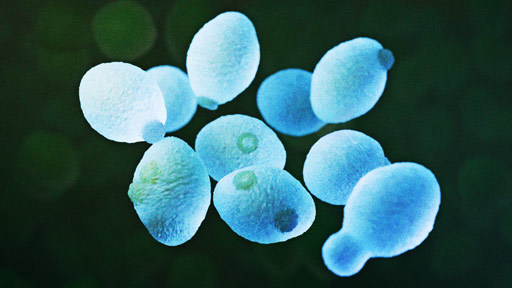BETHESDA, Md. — National Institutes of Health (NIH) researchers identified a gene that makes yeast resistant to a lethal toxin. The findings were part of a new study published in the Proceedings of the National Academy of Sciences. According to the news release from NIH, the findings were monumental because researchers haven’t figured out why yeast can evade the effects of lethal toxins until now.
The discovery will have a big impact on human protection against toxins because people have combatted various toxins made by other organisms, including cholera or anthrax bacteria, but there wasn’t clear information about toxin resistance until these findings.
“We’re interested in understanding how genomic variation leads to differences between individuals, so in this study, we’re looking at the most basic biological mechanisms underlying resistance to toxins in simple organisms, such as yeast,” said Meru Sadhu, Ph.D., an investigator in the Genetic Disease Research Branch at NHGRI and senior author of the study, in an NIH news release. “An important way that organisms vary is in how much they’re affected by toxins.”
NIH researchers determined the KTD1 gene provides resistance to the K28 toxin.
“This gene has never been studied before,” said Sadhu. “Identifying this gene is the first step to fully understanding what is happening on the molecular level.”
Researchers exposed different non-infected yeast to the K28 toxin to find out how these non-infected yeast resist the toxin.
“Those unaffected by the toxin were classified as highly resistant and the affected ones as sensitive,” said the NIH in their news release.
After that, the NIH says researchers compared the genomes of resistant versus sensitive yeast. This allowed them to identify which genes cause some yeast to be resistant.
the KTD1 protein may be involved in capturing the toxin in the vacuole, according to the hypothesis from NIH researchers.
Click here to read more about the findings.

